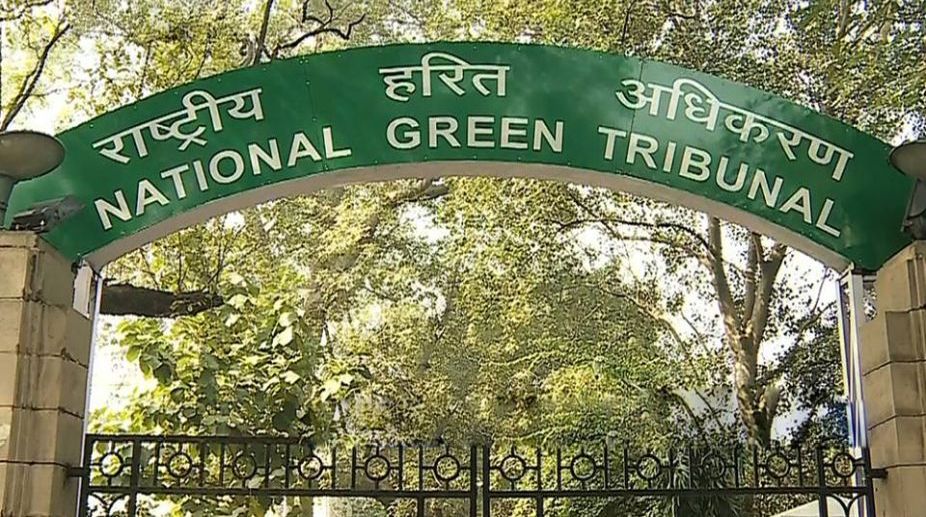NGT clamps fresh ban on sand mining in Odisha’s Mayurbhanj district
The existing interim DSR, which was being used to justify sand mining, was invalid as it had not been submitted to SEIAA for approval, the NGT reiterated in the order.

NGT (Photo: Facebook)
The National Green Tribunal has imposed a penalty on the Delhi Technological University (DTU) for failing to devise a mechanism to treat the huge quantity of waste generated by it and not complying with environmental laws.
A bench headed by NGT Chairperson Justice Swatanter Kumar imposed an environment compensation of Rs 25,000 on the erring educational body for not taking adequate protection for protection of ecology.
Advertisement
“Notice submits that they have received the show cause notice and they have taken steps as were required. However, it is a continuous process and it is assured by the counsel on behalf of notice that in future also they will comply with all steps and install requisite anti-pollution devices.
Advertisement
“We accept the statement made before the tribunal, subject to payment of Rs 25,000 as environmental compensation.
The payment should be made within two weeks to Delhi Pollution Control Committee, failing which the same shall be recovered as arrears of land revenue by the concerned,” the bench said.
In 1963, the administration of the DTU, earlier known as the Delhi College of Engineering (DCE), was handed over to the Delhi administration.
The Delhi College of Engineering was under administrative control of Department of Technical Education and Training of the Delhi government. For academic purposes, the college was affiliated to the University of Delhi since 1952. From July 2009, the DCE was renamed Delhi Technological University vide the Delhi Act 6 of 2009.
Earlier, the NGT had imposed an environment compensation of Rs 25,000 each on Vivekananda Mahila College, Shaheed Sukhdev College of Business Studies and Shyam Lal College and directed them to install anti-pollution devices within three months.
In the event of default, these colleges would be liable to pay environmental compensation of Rs 5 lakh and shut down, it had said.
The NGT order had come after it examined an interim report submitted by a committee set up by it which had recommended action against defaulting bodies for improper management and treatment of sewage and lack of mechanism to recycle waste.
The tribunal had constituted the committee comprising representatives of the ministries of Environment and Urban Development, Director General of Health Services, Medical Council of India, DDA, municipal corporations, the Delhi government, Central Pollution Control Board, railways and Delhi Pollution Control Committee. It also had four independent experts.
It had directed the committee to inspect all five-star hotels, hospitals which have more than 200 beds, cooperative group housing societies with over 300 flats, markets, shopping malls with built up area of over 50,000 sq mts, colleges having hostel accommodating more than 500 students in Delhi.
The green body had noted that Delhi generates nearly 14,100 metric tonnes of municipal solid waste per day and said that the mass generators of waste cannot be equated to simple households generating trash.
Advertisement